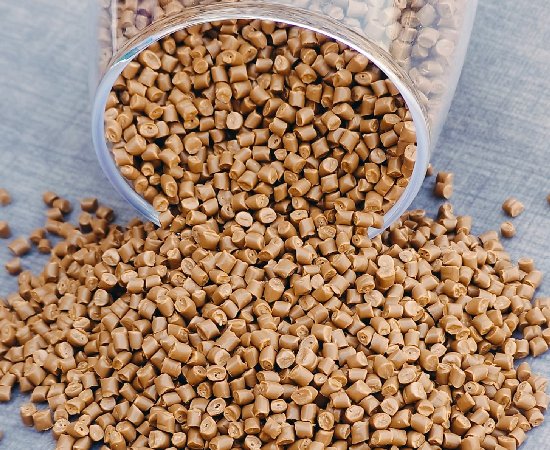
Introduction
High-Density Polyethylene (HDPE) granules are a vital component in various industrial applications due to their versatility, durability, and cost-effectiveness. These granules are a type of thermoplastic polymer made from petroleum, known for their high strength-to-density ratio. In this blog, we’ll explore what HDPE granules are, their key properties, benefits, and the wide range of applications they are used for.
What are HDPE Granules?
HDPE granules are small, solid particles of High-Density Polyethylene. This material is created through the polymerization of ethylene, a process that produces a high molecular weight plastic. The granules are then melted and molded into various shapes and products. HDPE is known for its density, which ranges between 0.93 and 0.97 g/cm³, making it more durable and resistant to impact compared to other types of polyethylene.
Key Properties of HDPE Granules
- High Strength-to-Density Ratio: HDPE is known for its impressive tensile strength, which makes it a preferred choice for products requiring durability.
- Chemical Resistance: HDPE granules are resistant to many solvents, acids, and bases, making them ideal for chemical storage and handling.
- Low Moisture Absorption: HDPE has low moisture absorption, enhancing its suitability for applications involving water or humid environments.
- Non-Toxicity: HDPE is safe for food contact applications as it does not release harmful chemicals, ensuring safety in packaging and containers.
- Recyclability: HDPE granules can be easily recycled, making them an eco-friendly choice for manufacturers.
Benefits of Using HDPE Granules
Versatility: HDPE granules can be used in a wide range of applications, from packaging to construction, due to their adaptable properties.
Durability: Products made from HDPE granules are long-lasting, reducing the need for frequent replacements.
Cost-Effectiveness: The production and processing of HDPE granules are relatively low-cost, making it an affordable material for various applications.
Environmental Impact: HDPE is 100% recyclable, which helps in reducing environmental waste and promotes sustainable manufacturing practices.
Applications of HDPE Granules
- Packaging: HDPE granules are commonly used to manufacture bottles, containers, and packaging films due to their durability and resistance to chemicals.
- Construction: In the construction industry, HDPE is used for making pipes, fittings, and geomembranes for waterproofing due to its robustness.
- Automotive: The automotive industry uses HDPE for fuel tanks, car body parts, and protective coatings because of its strength and impact resistance.
- Household Products: HDPE granules are used in the production of various household items, including kitchenware, trash bins, and furniture.
- Agriculture: In agriculture, HDPE is used for irrigation systems, greenhouse films, and containers for agricultural chemicals.
